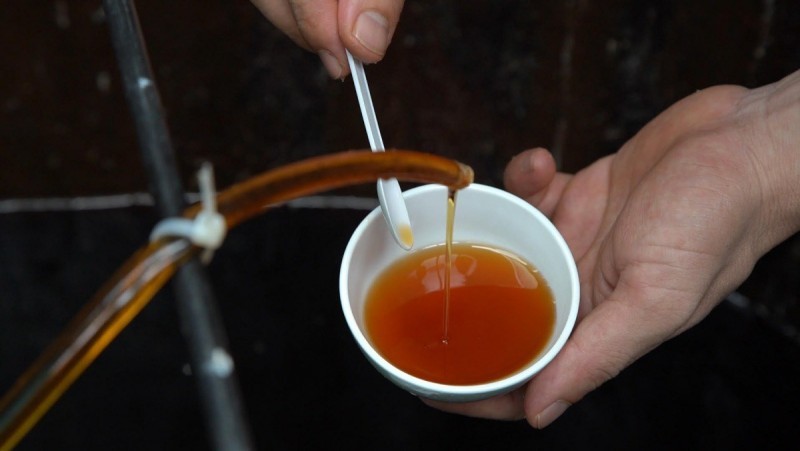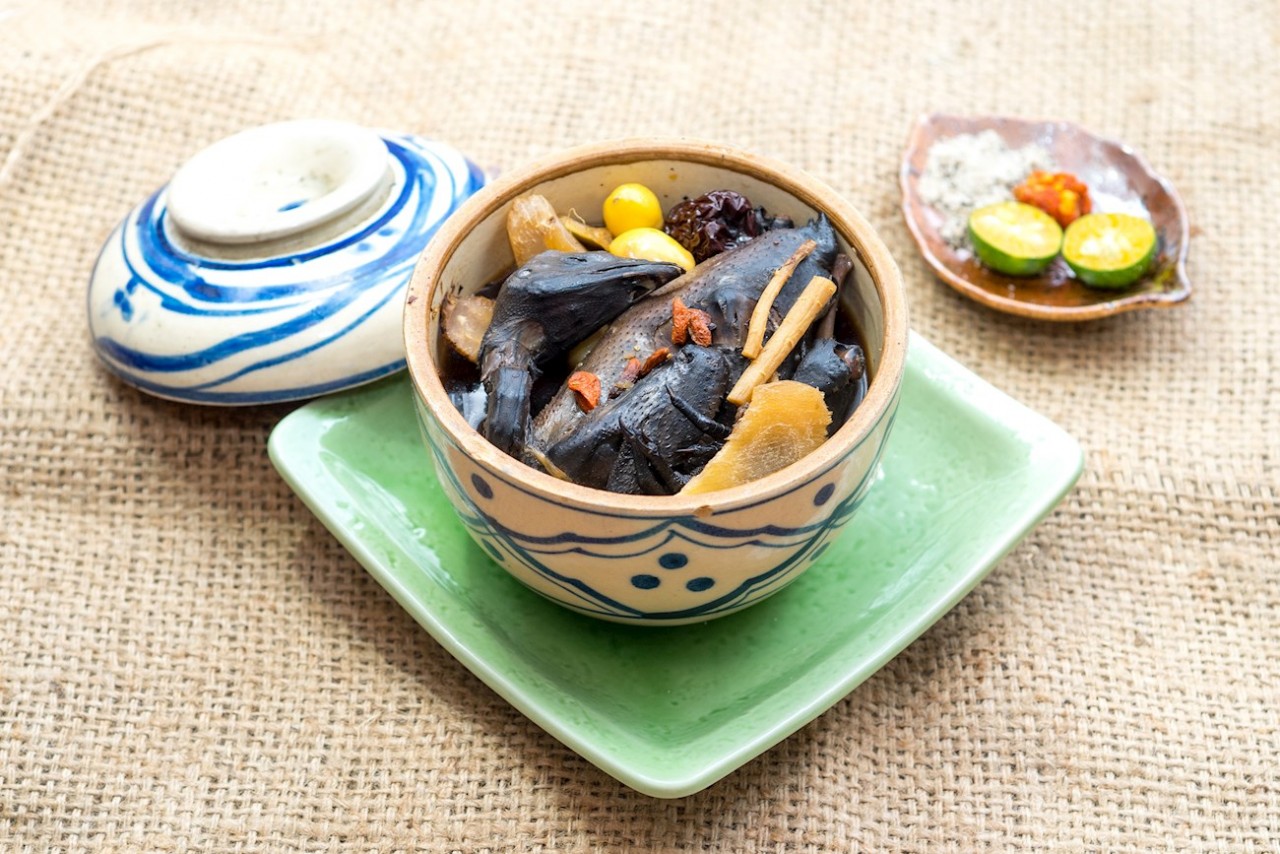Top five foods for beating depression
There are treatment options that can relieve depression without swallowing pills. Below are five foods for beating depression.
Many of the symptoms of depression can be directly linked to vitamin and mineral deficiencies in the standard American diet, which is largely comprised of empty carbs, caffeine and sugar. Depression, mood swings and fatigue often have a common cause: poor nutrition. Avoiding depression or recovering from a depressive episode is often as easy as changing your diet and boosting your consumption of key foods that deliver brain-boosting nutrients and help regulate brain chemistry.
Fish oils

Contain omega-3 fatty acids. Research has shown that depressed people often lack a fatty acid known as EPA. Participants in a 2002 study featured in the Archives of General Psychiatry took just a gram of fish oil each day and noticed a 50-percent decrease in symptoms such as anxiety, sleep disorders, unexplained feelings of sadness, suicidal thoughts, and decreased sex drive. Omega-3 fatty acids can also lower cholesterol and improve cardiovascular health. Get omega-3s through walnuts, flaxseed and oily fish like salmon or tuna.
Brown Rice

Contains vitamins B1 and B3, and folic acid. Brown rice is also a low-glycemic food, which means it releases glucose into the bloodstream gradually, preventing sugar lows and mood swings. Brown rice also provides many of the trace minerals we need to function properly, as well as being a high-fiber food that can keep the digestive system healthy and lower cholesterol. Instant varieties of rice do not offer these benefits. Any time you see "instant" on a food label, avoid it.
Brewer's Yeast

Contains vitamins B1, B2 and B3. Brewer's yeast should be avoided if you do not tolerate yeast well, but if you do, mix a thimbleful into any smoothie for your daily dose. This superfood packs a wide assortment of vitamins and minerals in a small package, including 16 amino acids and 14 minerals. Amino acids are vital for the nervous system, which makes brewer's yeast a no-brainer for treating depression.
Whole-grain oats

Contain folic acid, pantothenic acid and vitamins B6 and B1. Oats help lower cholesterol, are soothing to the digestive tract and help avoid the blood sugar crash-and-burn that can lead to crabbiness and mood swings. Other whole grains such as kamut, spelt and quinoa are also excellent choices for delivering brain-boosting nutrients and avoiding the pitfalls of refined grains such as white flour.
Cabbage

Contains vitamin C and folic acid. Cabbage protects against stress, infection and heart disease, as well as many types of cancers, according to the American Association for Cancer Research. There are numerous ways to get cabbage into your diet; toss it in a salad instead of lettuce, use cabbage in place of lettuce wraps, stir fry it in your favorite Asian dish, make some classic cabbage soup or juice it. To avoid gas after eating cabbage, add a few fennel, caraway or cumin seeds before cooking. Cabbage is also a good source of blood-sugar-stabilizing fiber, and the raw juice of cabbage is a known cure for stomach ulcers.
Also worth mentioning foods like raw cacao, dark molasses and brazil nuts (high in selenium) are also excellent for boosting brain function and eliminating depression.
Things to avoid
If you feel you are depressed or at risk for depression, you also need to avoid certain foods and substances. Some commonly prescribed drugs -- such as antibiotics, barbiturates, amphetamines, pain killers, ulcer drugs, anticonvulsants, beta-blockers, anti-Parkinson's drugs, birth control pills, high blood pressure drugs, heart medications and psychotropic drugs -- contribute to depression. If you are taking any of these, don't quit them without talking to your doctor; but be aware that they may be contributing to your condition by depleting your body of depression-fighting vitamins and minerals.
You should also avoid caffeine, smoking and foods high in fat and sugar. Keeping your blood sugar stable and getting B vitamins is important for stabilizing your mood. Cacao can be good for mood because it releases endorphins in the brain, but watch out for milk chocolate and candy varieties high in sugar.
Other non-food things to do
Get plenty of sunshine. Natural sunlight is a proven cure for depression.
Engage in regular exercise at least three times per week. Exercise lifts and mood and alters brain chemistry in a positive way
Experience laughter. It's good medicine.
Take a high quality range of mood boosting supplements to help even more...
VNF
Most read
Recommended
 Handbook
Handbook
Vietnam's Fish Sauce Tops World's Best Dipping Sauces
 Handbook
Handbook
Four Vietnamese Universities Feature Among Asia's Top 200
 Handbook
Handbook
Water Puppet Show To Be The Highlight of Vietnam Day in Brazil
 Handbook
Handbook
Taste Atlas: Vietnam’s Fish Sauce, Fermented Dish Sauce Among World’s Best Dipping Sauces
Popular article
 Handbook
Handbook
TasteAtlas: Four Vietnamese Dishes Among World’s 100 Best Dishes With Ginger
 Handbook
Handbook
Free Tickets to Taiwan Film Salon 2024 in Hanoi
 Handbook
Handbook
Ben Tre Delicacy Garners International Recognition
 Handbook
Handbook








